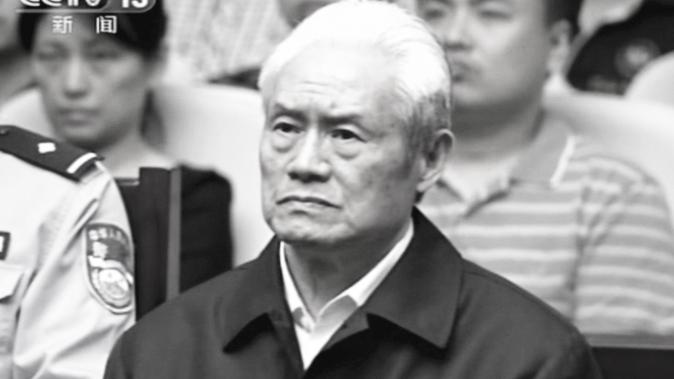China’s former security chief was sentenced on June 11 to life in prison on corruption charges, marking a triumph for Communist Party General Secretary Xi Jinping’s campaign directed at uprooting an entrenched host of political rivals.
Zhou Yongkang, a former member of the ruling Communist Party’s all-powerful Politburo Standing Committee and former head of the regime’s internal security apparatus, is the biggest target to fall in Xi’s drive to end the long-standing culture of bribe taking and influence peddling among officials.
The First Intermediate People’s Court of Tianjin stated that Zhou was sentenced after being tried behind closed doors on May 22 on charges of receiving bribes, abuse of power, and leaking state secrets. He will not file an appeal, the court said.




